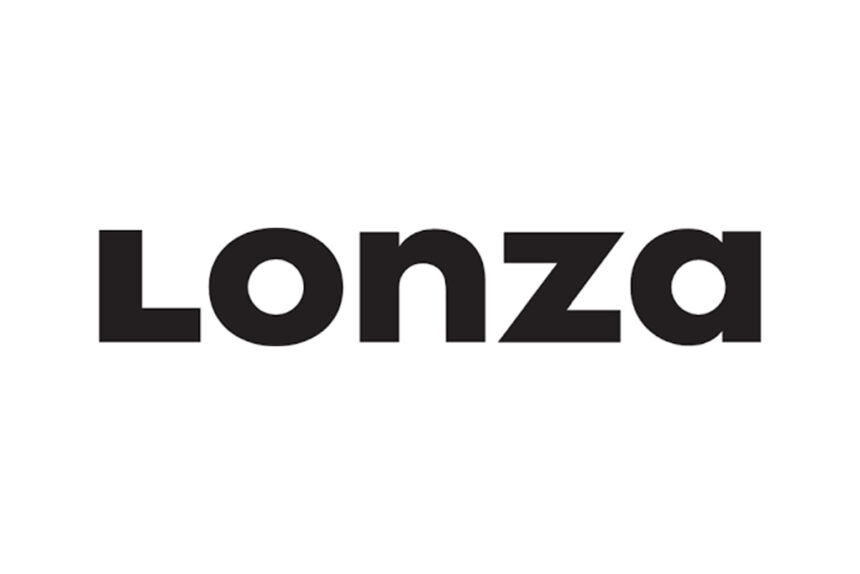Lonza Group announced Monday morning that Pierre-Alain Ruffieux will leave his post as CEO at the end of the month.
Ruffieux, a former Roche executive, joined Lonza in 2020 and oversaw the company’s production of COVID-19 vaccines for Moderna.
Stepping into the CEO position on an interim basis is chairman Albert M. Baehny, who has been on the board of directors since 2018. Baheny previously served as CEO of the Geberit Group from 2005 to 2014.
“Albert has agreed to lead the Company as CEO on a temporary basis until a successor is in place, for which the Board thanks him,” Christoph Maeder, Lonza’s lead independent director and vice-chairman, said in a statement. “The search for a permanent CEO will start soon. The Board would like to thank Pierre-Alain for his service to Lonza and wishes him well in his future endeavors.”
Lonza, which develops, produces and markets chemical products, saw its share prices drop sharply during the early trading session after the news was announced.
Still, Beahny reiterated his commitment to the organization and confirmed that Capital Markets Day will be held on October 17.
“I am committed to Lonza, our employees and all stakeholders. While recent months have undoubtedly been challenging, the company is a global leader in our industry and has many opportunities for further growth across all our businesses,” he stated. “In the months ahead, I will ensure that we are optimally positioned to fully capture those opportunities and I look forward to working with my Board and Executive Committee colleagues.”
Ruffieux’s planned departure comes months after the company recorded 5.6% sales growth at the common exchange rate (CER) and highlighted “good momentum” in its CDMO business.
Looking ahead, Lonza projected mid-to-high single-digit CER sales growth for the full year along with 28% to 29% core EBITDA margin.
At the time, Ruffieux said the company was eyeing a “ramp-up of new commercial assets” in the biologics to support sales growth.
The other major development for Lonza this year was the acquisition of Synaffix, a Dutch biotech that develops antibody-drug conjugates. The terms of the deal included an initial investment of €100 million in cash followed by up to €60 million in additional performance-based consideration.







